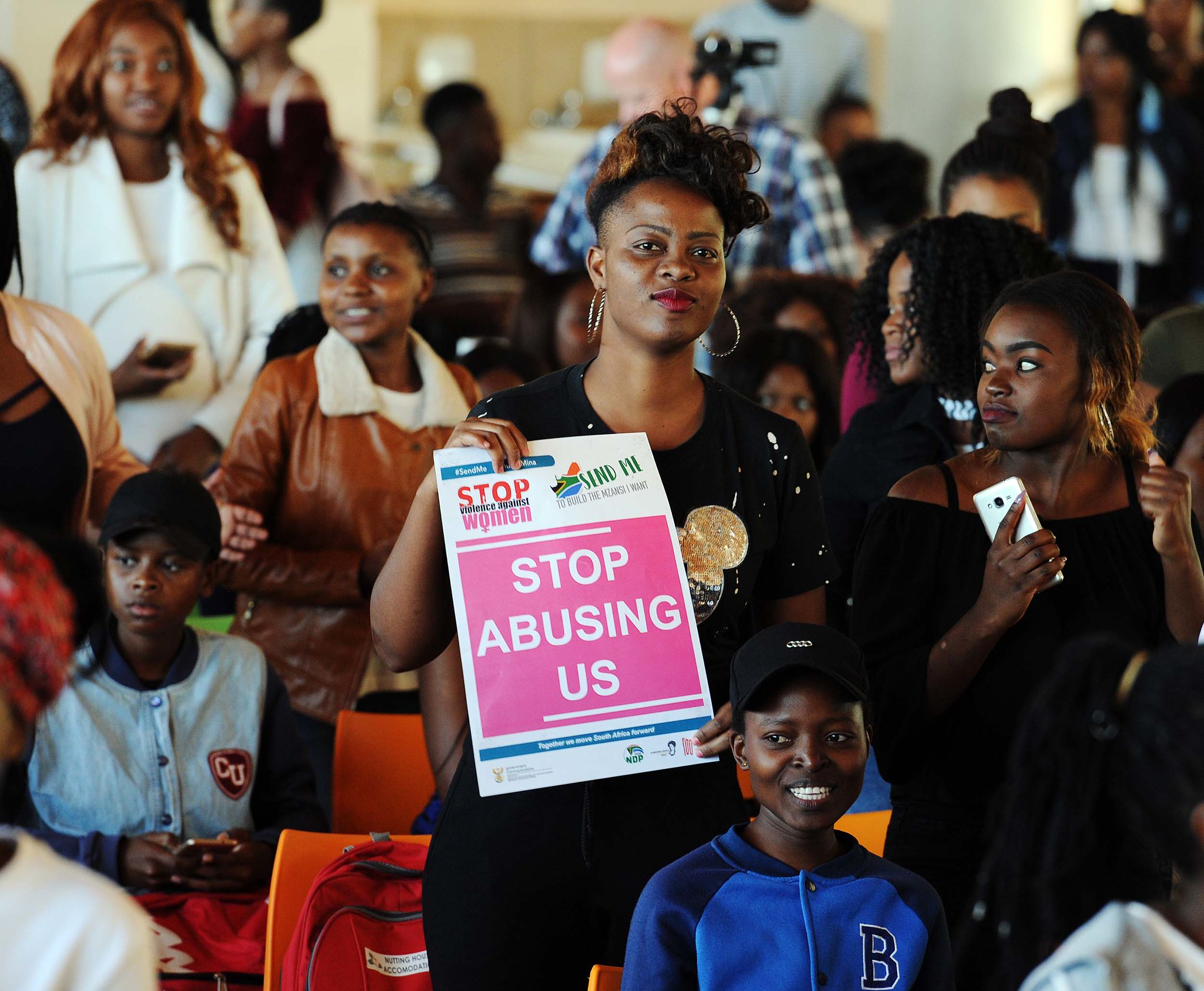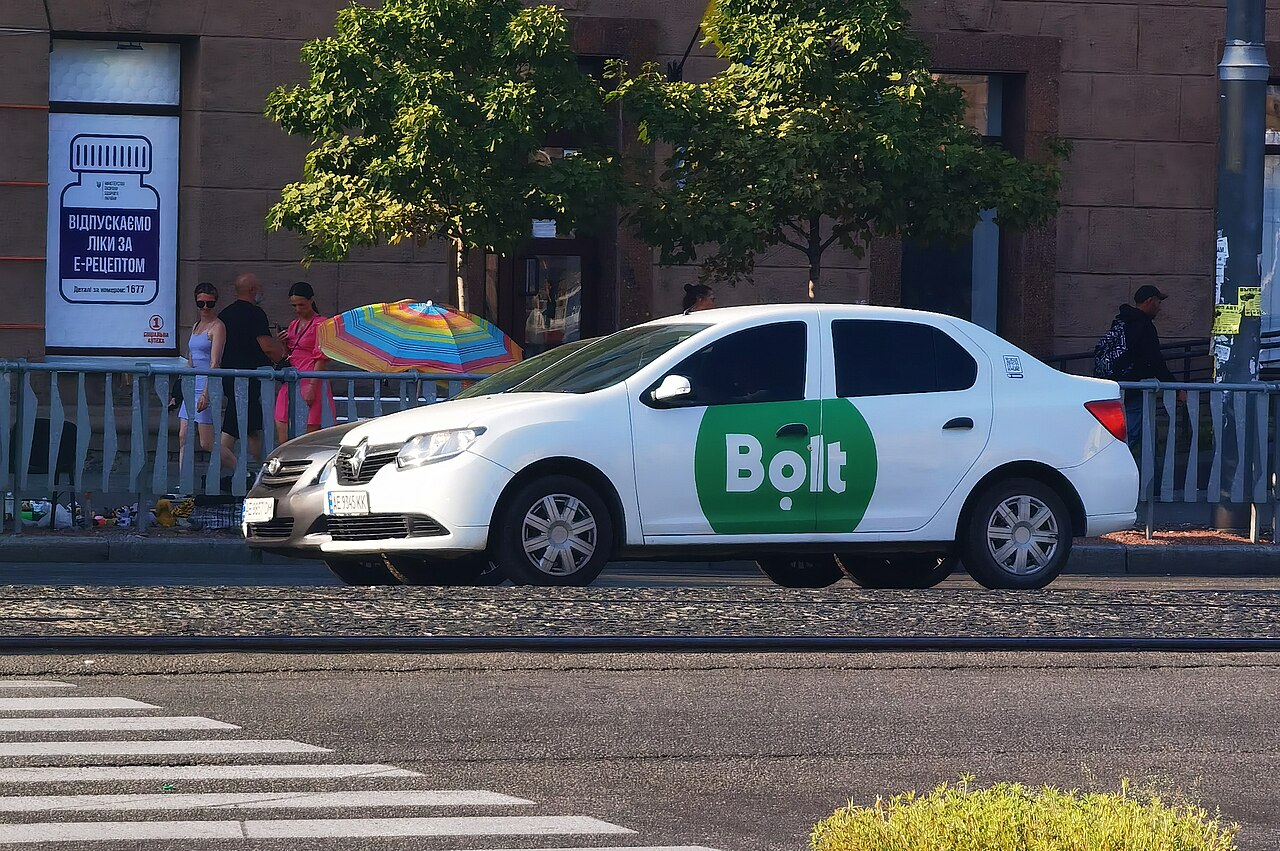It is well known that South Africa is grappling with a gender-based violence (GBV) crisis, often termed a “second pandemic” by President Cyril Ramaphosa. Yet, the South African Police Service (SAPS), tasked with protecting victims, faces a profound crisis of trust.
SAPS has recently ramped up efforts to tackle GBV, making over 200 GBV-related arrests in just one week in June. But for many citizens — especially survivors — it’s not enough.
explain’s recent polls across our social media platforms show that public confidence in SAPS’s ability to handle GBV cases is dangerously low, with only 2.5% of respondents saying they fully trust SAPS to protect GBV victims. 21% were unsure but thought reform was needed, but a concerning 75% expressed deep mistrust in the police.
Heart-wrenching cases like those of Uyinene Mrwetyana and Olorato Mongale have galvanised public outrage, raising a critical question: when the protectors are implicated, who do we turn to for help?
Crackdown or contradiction?
SAPS made headlines in June 2025 for arresting 201 rape suspects in a single week, driven by specialised Family Violence, Child Protection, and Sexual Offences units. The nationwide crackdown formed part of a national GBV crackdown ahead of Youth Month commemorations.
These raids have followed multiple national campaigns, the establishment of station-level GBV desks in March 2022, and awareness campaigns supported by the Reducing Barriers to Reporting Sexual Offences and Domestic Violence policy, which aims to create a more compassionate reporting process. Yet, these initiatives are undermined by systemic failures.
In 2023, the Western Cape’s Court Watching Briefs unit reported that 174 GBV cases were struck off court rolls due to SAPS inefficiencies, such as incomplete investigations or failure to locate witnesses. In May last year, The Citizen reported that of 19,306 suspects arrested for GBV and sexual offence-related crimes, only 2,300 were convicted, highlighting a significant bottleneck in the justice system.
Recent statistics paint a grim picture. Between January and March 2025, SAPS recorded 969 women murdered, over 11,000 rape cases, and nearly 15,000 assault cases involving women. These numbers reflect a persistent crisis, with South Africa remaining one of the most dangerous places for women and children.
“Who do we report to?”
High-profile GBV cases have left lasting scars on the national psyche. The murder of Uyinene Mrwetyana in 2019 by a post office employee — and more recently, the brutal killing of Olorato Mfurankunda in a suspected femicide case — are constant reminders of the violence women face, often at the hands of men in trusted positions.
But even when survivors do come forward, they risk further harm. According to a November 2023 survey, published by Afrobarometer, 43% of South Africans surveyed believe women reporting GBV face criticism or harassment, deterring victims from seeking justice.
The crisis deepens when SAPS officers themselves are implicated. In 2024, a senior instructor at the SAPS Philippi Training Academy was dismissed after being accused of raping a female trainee officer, a case that sparked widespread condemnation. Other incidents, such as the recent arrest of Lieutenant General Dumisani Khumalo for alleged corruption (though not GBV-related), further erode public confidence.
Civil society groups, such as Ilitha Labantu, have called for immediate corrections to the SAPS’s crime statistics reporting to ensure transparency, especially after GBV data was omitted from the Q4 2024/2025 crime statistics.
Public distrust in numbers
SAPS has taken some steps to address internal misconduct, including dismissals, public campaigns, and internal vetting. But our audience says it’s not nearly enough.
Our poll results reveal stark public sentiment:
- Trust SAPS: 2.5%
- Distrust SAPS: 75.7%
- Unsure: 21.8%
The SAPS’s 90-day GBVF blitz, launched on May 1, aimed to coordinate interventions and address systemic bottlenecks, but these endeavours tend to feel like window dressing when acknowledging the scale of violence against women in South Africa.
Experts argue that addressing GBV requires more than law enforcement. Socio-economic factors, such as the 62.4% youth unemployment rate for those aged 15–24, exacerbate vulnerabilities, particularly for young women, who face increased risks of exploitation and abuse.
Advocacy groups like Sonke Gender Justice have called for stronger implementation of the National Strategic Plan on GBVF, which provides a framework for multi-sectoral collaboration.
Yet, for survivors, the question remains: whom can they trust? Less than 25% of Gauteng police stations have dedicated toilets for GBV victims, forcing survivors at the remaining stations to share facilities with the public and officers, risking secondary trauma. Specialised GBV units, increased investment in forensic labs, and enhanced training for frontline officers are urgently needed.
South Africa’s GBV crisis demands a robust, transparent, and survivor-centred response. While SAPS’s recent arrests signal intent, the deep-rooted mistrust, fueled by inefficiencies, officer misconduct, and systemic failures, cannot be ignored. Rebuilding trust requires accountability.
Note: SAPS was contacted for comment and offered a right of reply. At the time of publication, no response was received.
Emma is a freshly graduated Journalist from Stellenbosch University, who also holds an Honours in history. She joined the explain team, eager to provide thorough and truthful information and connect with her generation.




